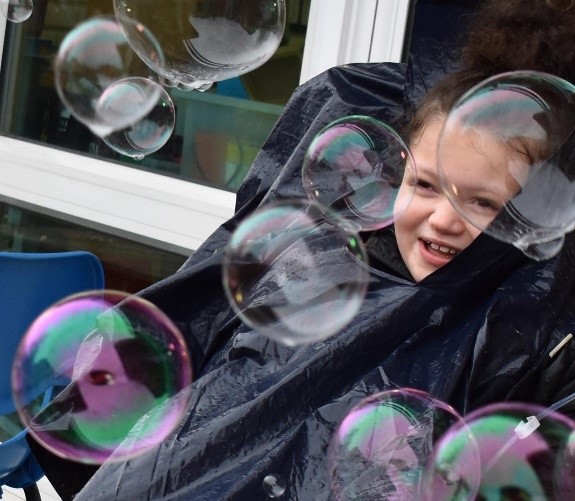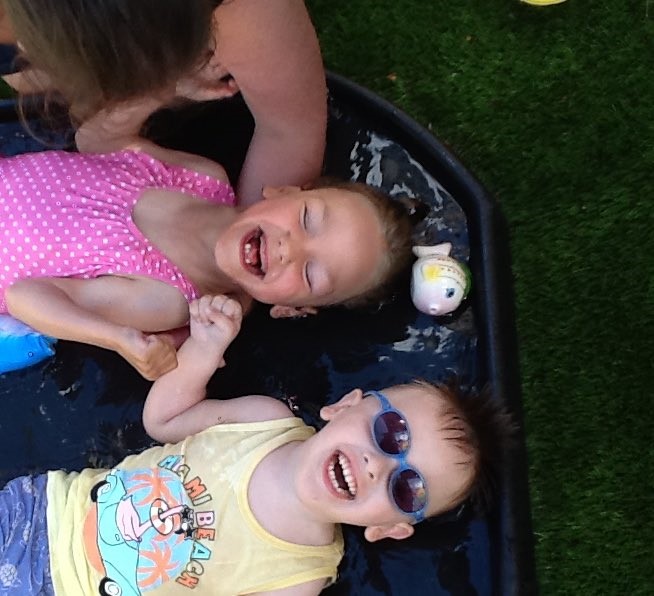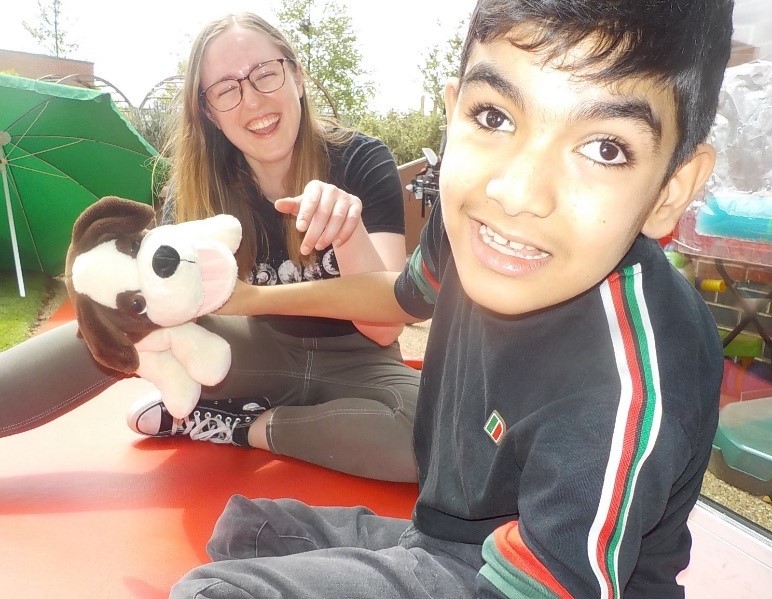Curriculum
Our learners are at the heart of everything we do. Ivy House School offers a curriculum which is broad in that it covers all aspects of development and balanced in that it weighs up the specific input that it is needed for each learner. Most importantly it is meaningful to each young person and their family.
We recognise each young person is unique and have the added complexities, of physical, sensory and medical difficulties. The multiplicity of these means that each and every learner has their own individual set of barriers to learning. Learners with PMLD and SLD learn fundamentally differently from neuro-typical conventionally developing learners, and as such we are required to teach them differently and teach them different things (Imray & Hinchcliffe, 2014). Students require a high level of adult support, both for their learning needs and also for their personal care. They are likely to need sensory stimulation and a curriculum broken down into very small steps. We have therefore developed our curriculum offer to ensure that each learner receives their own bespoke curriculum, built specifically for them based on their skills and desired outcomes whilst ensuring it is broad, balanced and aspirational so that barriers are removed. It is our aim to ensure that every student leaves us with an appropriate level of control over the world around them and therefore, there is a focus on functional skills and knowledge as well as promoting our students to be as independent as possible.
A Sensory Curriculum
Senses represent a major factor in the design of our school’s curriculum. For our pupils extending their understanding, the use and control of their senses allows them to fully explore the world and come to an understanding of it, how to interact with it, and how to interact with each other. Our pupils have a range of sensory and perceptual impairments, which is why we focus on all seven senses of sight (visual), sound (auditory), touch (tactile), taste (gustatory), and smell (olfactory) as well as the kinaesthetic proprioceptive and vestibular senses. These later two physical senses involve our pupils understanding how various parts of the body connect to each other, where they are in space and their whole body understanding. Any activity delivered in school provides us with a sensory opportunity.

A Play Curriculum
Play should be recognised alongside education as a vital part of our pupils healthy and happy development (Hussein, 2010). People with PMLD/SLD can become accustomed to one on one relationships with adults and therefore find it difficult to relate to and cooperate with their peers. Therefore, we ensure we facilitate early play skills, both in and outside of the classroom, to enable our pupils to interact and engage with friends, enabling them to engage in our school community, at home and with friends. Staff will act in the roles of supporters of play, mediators of play and active play partners. Play provides opportunities for our students to engage in turn taking, number, sequencing, anticipation, problem-solving, thinking skills, social interaction etc. they can be repeated many times to develop a deeper understanding.
A Care Curriculum
Care is an essential part of the Ivy House School curriculum. Medical conditions have to be managed for effective education to take place (Farrell, 2006). It is important we do not consider care as a necessary but time-wasting educational by-product, something to be done as quickly as possible so we can get back to the important issue of education. Instead we focus on care within education.
Routines provide an opportunity to teach and learn. Any part of our learner’s day, such as going to the toilet (or changing area) is a learning opportunity, using the same routine every time by all staff, including the same object and verbal cues. The use of routines enables our pupils to build upon previous learning experiences that they will have potentially thousands of opportunities to practice during their time in school.


